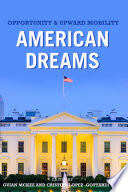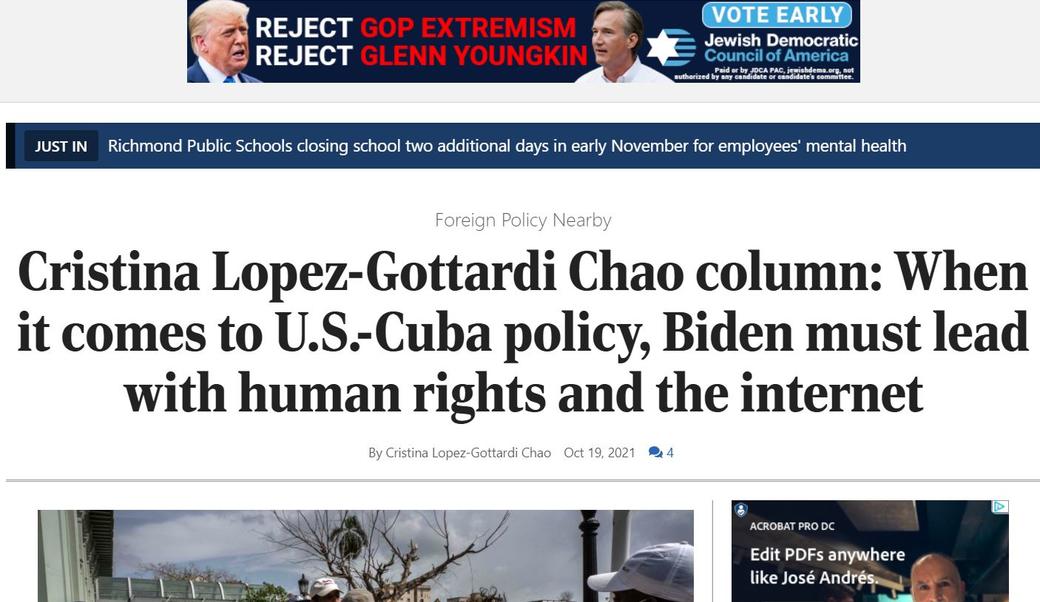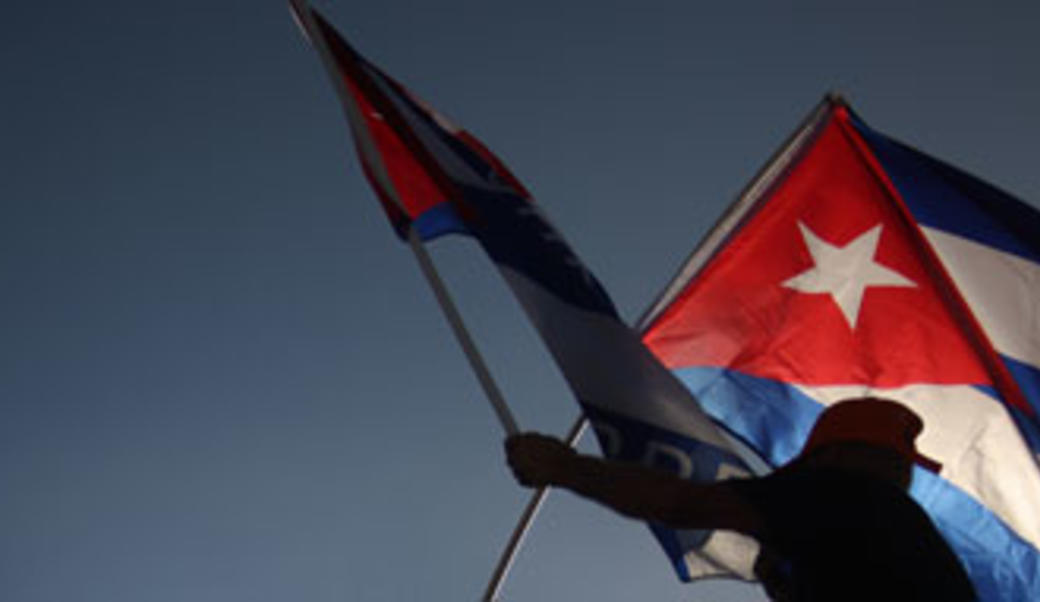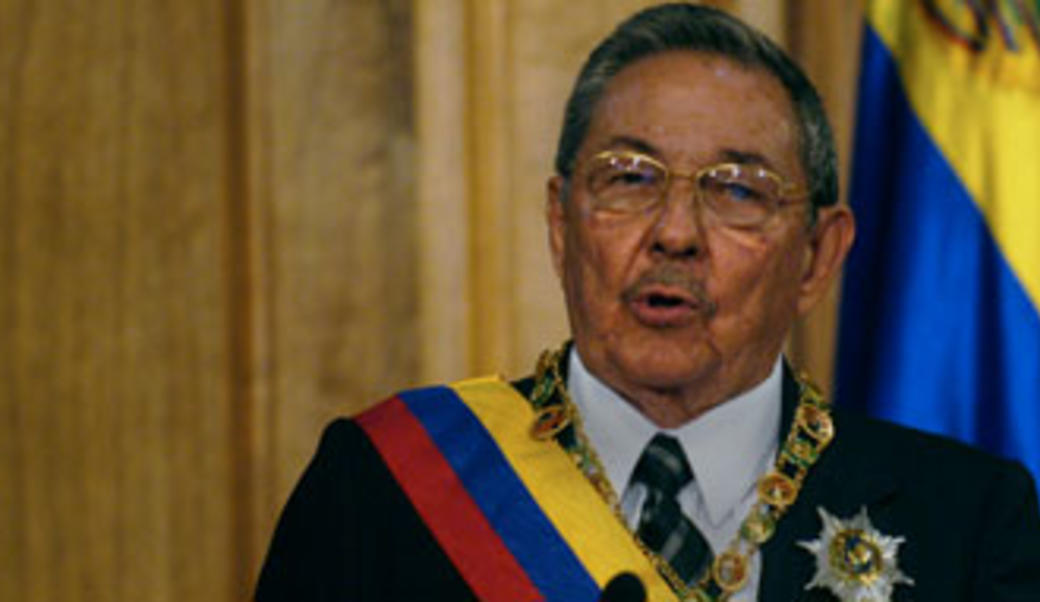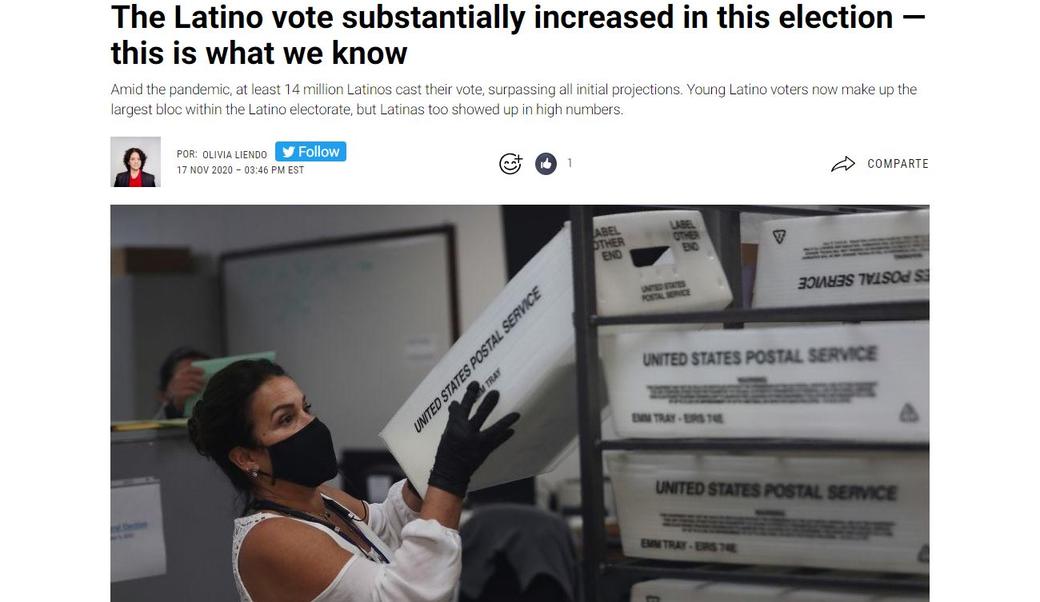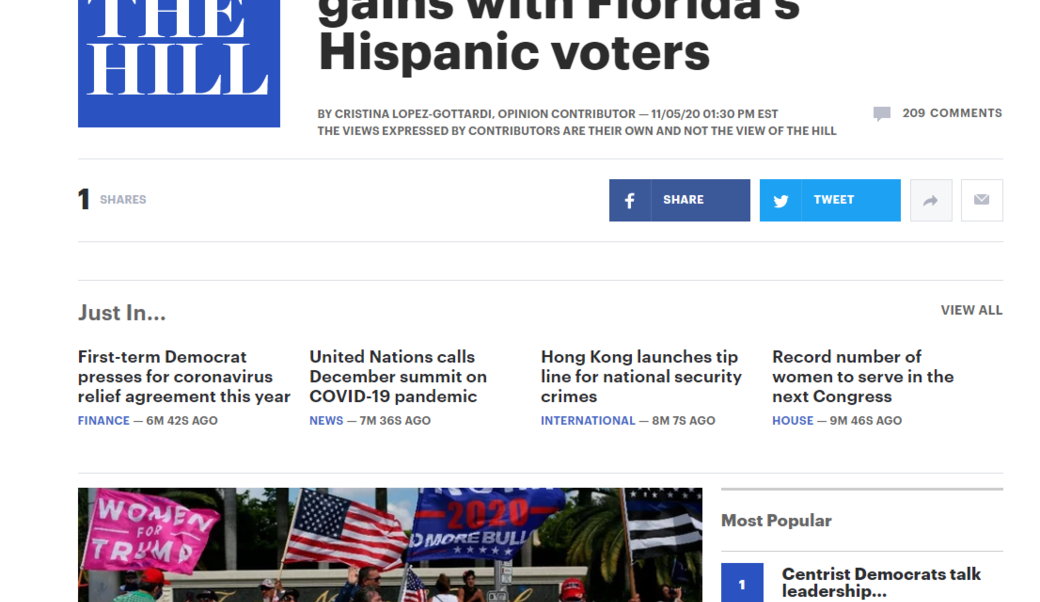Fast Facts
- Miller Center assistant professor
- Chair, public programming
- Expertise on Cuba, U.S.-Cuban relations, opposition and dissident movements, democratization, Hispanics in America
Areas Of Expertise
- Foreign Affairs
- Latin America and the Caribbean
- Domestic Affairs
- Human Rights and Civil Rights
Cristina Lopez-Gottardi Chao is assistant professor and chair of public programming at the Miller Center. Her programmatic work centers primarily on Miller Center Presents and she served as co-editor of the First Year 2017 opportunity and mobility volume. Prior to her appointment in 2007, Lopez-Gottardi Chao held positions at Emory University’s Institute for Comparative and International Studies, the University of Miami’s North-South Center, and Barclays Bank Latin American Regional Office. She has also worked as a consultant to Freedom House. Lopez-Gottardi Chao received her undergraduate degree in politics and Spanish from Middlebury College and her doctorate from the University of Miami’s School of International Studies. Her dissertation, The Growth of Opposition in Cuba: Problems and Prospects for Democratization, was awarded the 2005 Alberto J. Varona Prize for best dissertation in Cuban studies.
Lopez-Gottardi Chao's scholarship examines the evolving nature of U.S.-Cuban relations, the state of human rights on the island, and Cuba’s opposition and dissident movement, considering prospects for democratization from this sector. The December 2014 change in U.S.-Cuban relations and the direct role played by President Obama in altering this policy has created an alignment between Lopez-Gottardi Chao's core scholarship with a focus on the American presidency and in particular, executive decision making.
Drawing on past research related to democracy promotion efforts via studies of USAID and other governmental and nongovernmental organizations, Lopez-Gottardi Chao is also interested in broader U.S. foreign policy questions. In addition, she is beginning research on the growing Hispanic population in the United States, and the implications this demographic will have on domestic policymaking and the role of the presidency in assimilating this core and expanding minority group.
